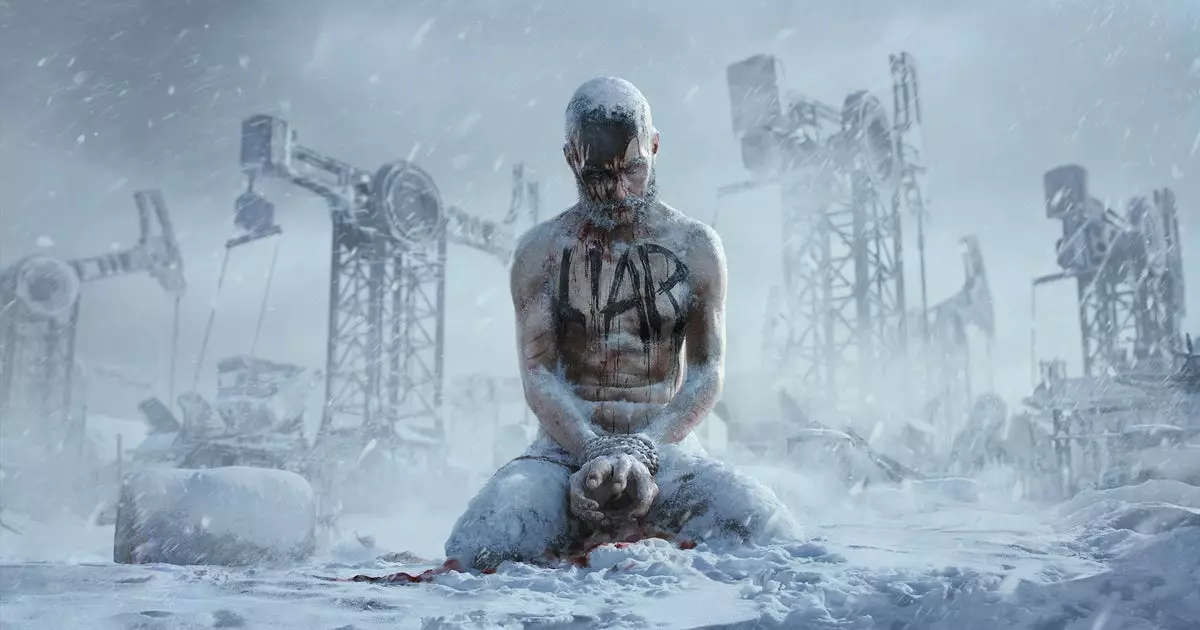The gaming industry is marked by rapid changes and evolving player preferences. 11 Bit Studios, the creators behind the acclaimed Frostpunk, recently announced the cancellation of an anticipated console-specific project known internally as Project 8. This decision brings to light the challenges developers face in adapting to shifting market demands and the inherent unpredictability of game production. The implications of these changes extend beyond failed projects, affecting job security and team dynamics within the studio.
One of the primary reasons for the cancellation of Project 8 is the changing landscape of player interests, particularly a noted decline in enthusiasm for narrative-driven games. Over the years, there has been a remarkable rise in the popularity of multiplayer experiences, quick and engaging gameplay, and virtual reality environments. Online gaming platforms and live services have transformed what players expect from new titles, causing studios that once focused on story-rich content to reassess their strategies.
In the declaration by Przemyslaw Marszal, president of 11 Bit Studios, he highlighted that the original ambitions for Project 8 were set against a different backdrop of market demand. The conceptual phases of game development are inherently risky; they require forethought about consumer trends which can shift dramatically in a matter of months. As the appetite for complex narratives wanes, developers must pivot to either innovate new storytelling methods or prioritize gameplay mechanics that resonate with contemporary audiences.
The decision to scrap a project that had been in development since 2018 along with its significant financial investment—over 48.4 million zloties (approximately 11.8 million dollars)—reflects not only market shifts but also numerous internal challenges. Consistency in a development team can be a crucial factor in the success of a game. However, the COVID-19 pandemic posed significant hurdles, disrupting workflows and complicating communication among team members.
Marszal pointed out that while certain aspects of Project 8 saw improvements, many critical elements remained problematic, leading to compounded delays and inflated budgets. In the highly competitive gaming industry, prolonged development times can threaten a title’s profitability, especially if market conditions deteriorate further. The decision to cancel the project may have been influenced by a combination of escalating costs and an increasingly precarious forecast for sales, pushing 11 Bit to prioritize leaner, more viable ventures.
The announcement of layoffs within the studio paints a somber picture for the affected staff. While Marszal indicated that more than half of the Project 8 team would have opportunities to join other ongoing projects, this does not fully mitigate the distress that comes with job uncertainty. Layoffs, even when phased, symbolize a broader trend within the industry of studios adjusting to unfavorable business climates by streamlining operations.
Future projects announced by 11 Bit Studios may provide some optimism, but the implications of such a cancellation linger in the minds of employees and fans alike. Transitioning the remaining team members to new, unannounced projects might offer a sense of continuity, yet questions regarding the vision and execution of these initiatives still prevail.
As the gaming landscape continues to evolve, developers like 11 Bit Studios serve as cases in point for the unpredictability that defines content creation. The decline in interest in narrative-focused games presents significant implications for not just one studio, but for an industry that thrives on storytelling as a core element of engagement. The ongoing developments in gaming trends, such as the inclination toward multiplayer formats, highlight the need for studios to adapt and innovate, often at the cost of their original visions.
As 2024 approaches, it is crucial for companies like 11 Bit to recalibrate their approaches while ensuring that the creativity and passions of their teams are not extinguished by market pressures. The hope remains that the labor invested in newly planned projects will yield successful outcomes that resonate with players, regardless of genre or format. For those affected by the cancellation of Project 8, there is hope that the conclusions derived from this setback will lead to more well-informed decision-making and to the crafting of games that meet the demands of a continually shifting player landscape.


Leave a Reply